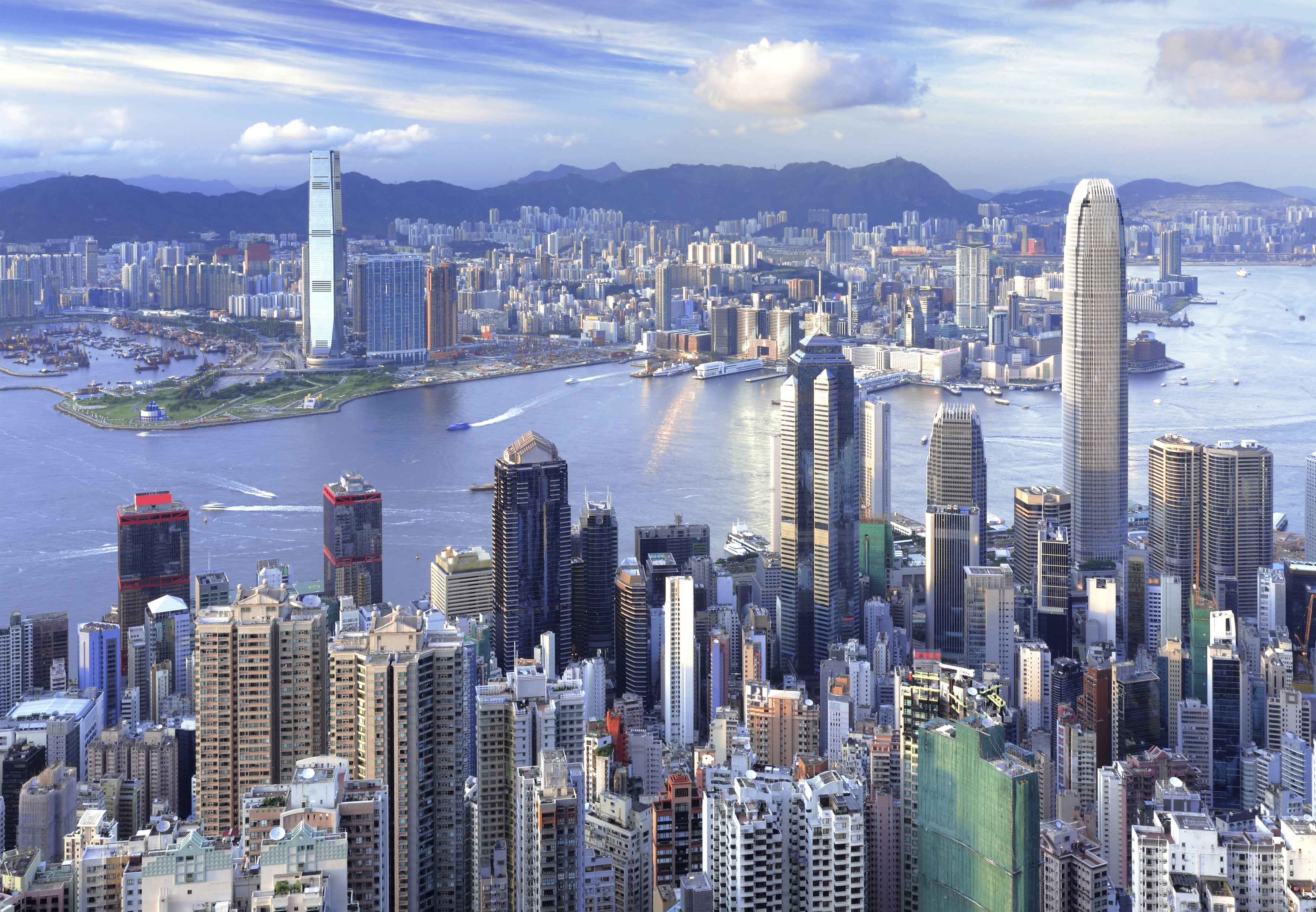Hong Kong has been named the world’s most competitive place to do business, with the US slipping to third in the rankings.
The Special Administrative Region of China wins the accolade on the back of its “consistent commitment to a favourable business environment”, according to the director of IMD World Competitiveness Centre – which produces the ranking – Arturo Bris.
Following Hong Kong is Switzerland, then the US, Singapore, Sweden, Denmark, Ireland, the Netherlands, Norway and Canada make up the top 10.
Along with Singapore, Hong Kong has long been viewed as the ideal Asian hub for trading companies and trade banks to be based. Its low tax rate, location and access to market, as well as the relative easy access to the world’s largest trading nation, China, have made it one of the world’s premier commercial centres.
Meanwhile, the Hong Kong government has been positioning itself as the transactional hub for China’s One Belt One Road suite of infrastructure projects, which will see the trade route that marked the old Silk Road furnished with hundreds of new sea and land trade facilities.
“Current economic growth is by no means a guarantee of future competitiveness,” Arturo Bris, IMD
However, in recent months there has been an exodus of sorts in the trade finance industry. Banks have been cutting staff numbers in Hong Kong, as they attempt to de-risk their balance sheets and cut costs.
Heavy regulatory costs have led a raft of international banks, many of them American, to pull back from Asian business, while local banks have been emerging strongly to partially fill the void.
Despite speculation that HSBC was going to relocate its headquarters to Hong Kong last year and earlier this year, the move never came to pass, despite the fact that 46% of its profits are generated there.
There is undoubted liquidity in the region, but bank lending has been down for the past couple of years, with certain sectors – such as commodities – seeing a huge decline in transactional volume.
The report from IMD states that Asia generally is not the competitive haven that it once was. Rising costs in the likes of Taiwan and Korea, as well as political risks in countries such as Malaysia and Indonesia have left many companies and banks re-evaluating their business and presence in these markets.
The study shows impressive rises from some small European countries, with Latvia, Slovakia and Slovenia being praised for their progress.
Bris says: “One important fact that the ranking makes clear year after year is that current economic growth is by no means a guarantee of future competitiveness. Nations as different as Mainland China and Qatar fare very well in terms of economic performance, but they remain weak in other pillars such as government efficiency and infrastructure.”







